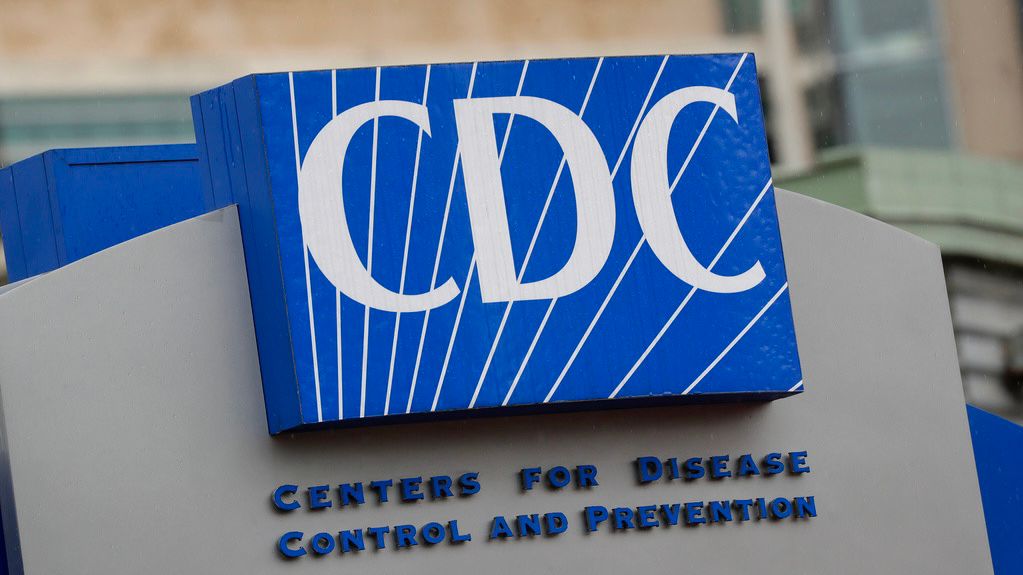Most youths who have used puberty blockers or gender-transition hormones are satisfied with receiving the treatment, according to a new study published Monday in the JAMA Pediatrics journal.
The decade-long study of children and adolescents who identify as a gender other than the one they were assigned at birth found 97% continued to access gender-transition care years after beginning treatment.
For their study, researchers looked at the levels of satisfaction, regret and continuity of care of 220 youths who received gender treatment and participated in an ongoing survey known as the Trans Youth Project. The study is based on responses in a 2023 survey of transgender youth and their parents in the U.S. and Canada who were recruited when they were 3 to 12 years old between 2013 and 2017.
While all the respondents were at least 12 years old when they completed the one-hour survey last year, most participants showed signs of their transgender identity by the age of 4 and had socially transitioned to their chosen gender before the age of 7.
Of the surveyed youths on puberty blockers, the median had been taking them for almost five years, having started before the age of 11. Of those on gender-transitioning hormones, the median had been taking them for about 3-1/2 years, having started before the age of 8.
Using a seven-point scale, participants indicated whether they were happy or unhappy with receiving gender intervention and if they regretted or did not regret receiving it. The survey did not differentiate if the regret was about the process, the outcome or the social implications.
Of the 220 participants, nine regretted receiving puberty blockers or hormones — four of whom stopped receiving gender-transition treatments and one who planned to stop, with four others continuing to receive care.
The most common positive the transgender youths reported for both hormones and puberty blockers was experiencing the desired physical side effects, such as starting or stopping breast development. Pain, difficulty or a bad experience with the way the medication was administered were the biggest dislikes.












